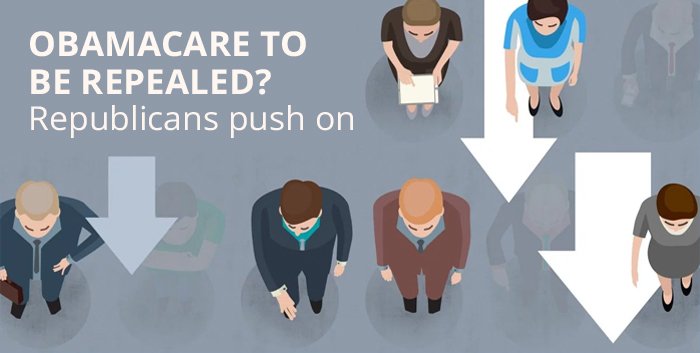For anyone who has depleted their savings on medical expenses, avoided going to the doctor for fear of a huge medical bill, or lost loved ones to cancer, Obamacare has been a tremendous blessing. Highly popular among Americans initially, President Obama’s signature health care law has provided health coverage to approximately 20 million Americans who were unable to afford health insurance previously. This accounts for approximately 15% of the American population who currently has access to healthcare. Possibly inspired by Britain’s NHS system, the Affordable Care Act’s main objective is affordable healthcare for all, However, Britain’s NHS is considered by some to be a burden on taxpayers and is facing allegations of inefficiency, and Obamacare seems to be equally in trouble as Republicans are working to replace the law with a new version called the Better Care Reconciliation Act of 2017.
The Affordable Care Act has been a blessing for the poor, the elderly, and those with pre-existing medical conditions. Republicans feel that the law is completely against business interests as it requires entities with 50 or more employees to provide health coverage or face penalties. This, they argue, leads to a decrease in jobs. They also believe that taxes levied on high-income individuals will slow economic growth, and institutionalized health coverage for everyone is a violation of liberty and unnecessary overall.
Senate majority leader Mitch McConnell was recently forced to delay a vote to repeal the Affordable Care Act. Democrats are unanimously opposing the presented bill, and several Republicans are hesitant about it as well.
So what does the new bill state? Here are some of the most important proposed changes to the Affordable Care Act:
- Cutting off the expansion of Medicaid, which provides health coverage to millions of low-income Americans
- Insurance companies will have the right to charge seniors with premiums up to five times more expensive than young people, as opposed to the current maximum of three times more
- Funding to Planned Parenthood will be completely cut off for a year
- Taxes on companies, high-income individuals, and insurers will be repealed
- Subsidies will be calculated upon income instead of age
- Individuals and companies will be under no obligation to purchase health coverage, (also known as “the individual mandate”) and those who discontinue use will have to wait six months before they can continue and will pay a higher premium
- States have the discretion to, but are not obligated to adopt the ten health benefits outlined in the Affordable Care Act.
The proposed bill has ramifications for the US economy and the American people as healthcare costs are shifted from the federal government to states and their taxpayers. The proposed bill may also mean a decline in demand for health insurance, and could cause several companies to pull out of the market. The acceptance of this bill means that approximately 24 million Americans will not have access to health insurance within the next ten years, and insurance premiums will rise by 15 to 20 percent by 2019. However, it may mean more economic growth for America with lower taxes on companies and high-income individuals, hopefully leading to job creation.
Doctors, hospitals, and other healthcare providers are opposing the bill while business groups are showing considerable support. The Senate itself is divided on the bill as Democrats have unanimously opposed it and some Republicans have clearly stated that it would be difficult to win their support, while many Republicans are fully in favor. Mr. McConnell was extremely hopeful that the bill would pass through Senate within a week, but this hope has been diminished as the vote has been delayed with the Senate taking a recess for July 4th.
Although Republicans are vigorously attempting to repeal Obamacare, the future still looks hazy, and getting the bill through may be more difficult than anticipated. America can only wait and watch until a decision is made.
Do you think that the new bill brings about a positive change? Should Obama’s Affordable Care Act continue?
